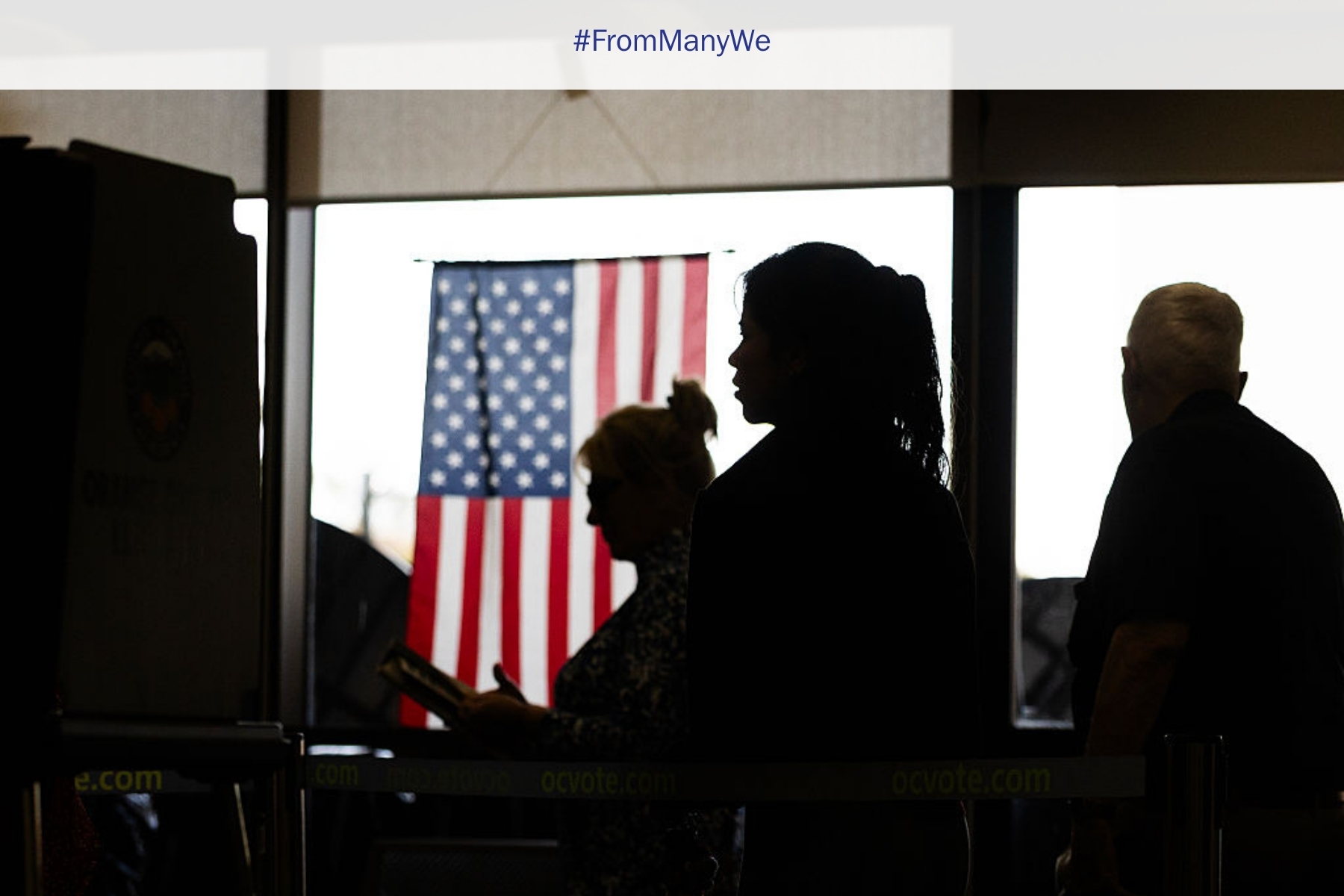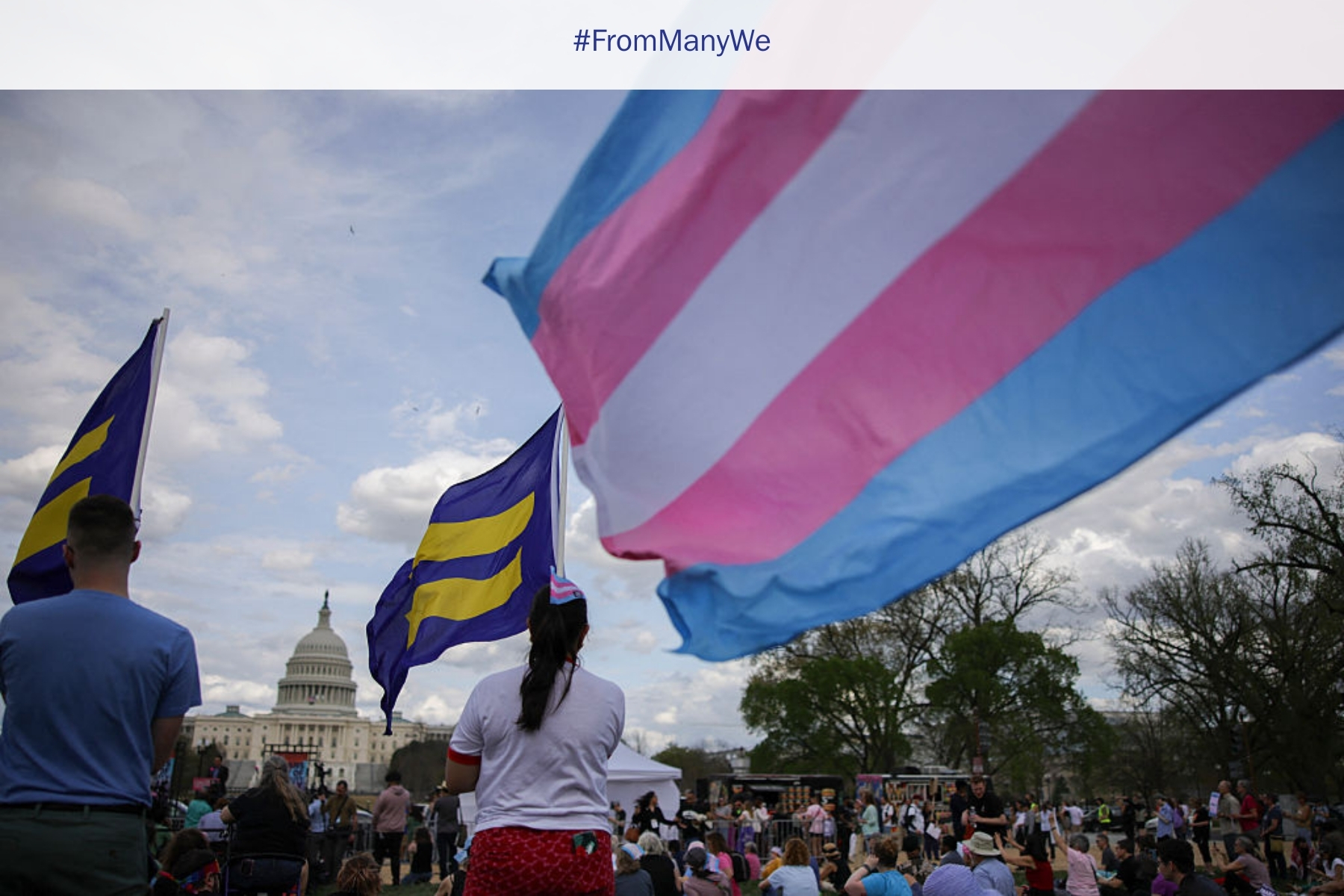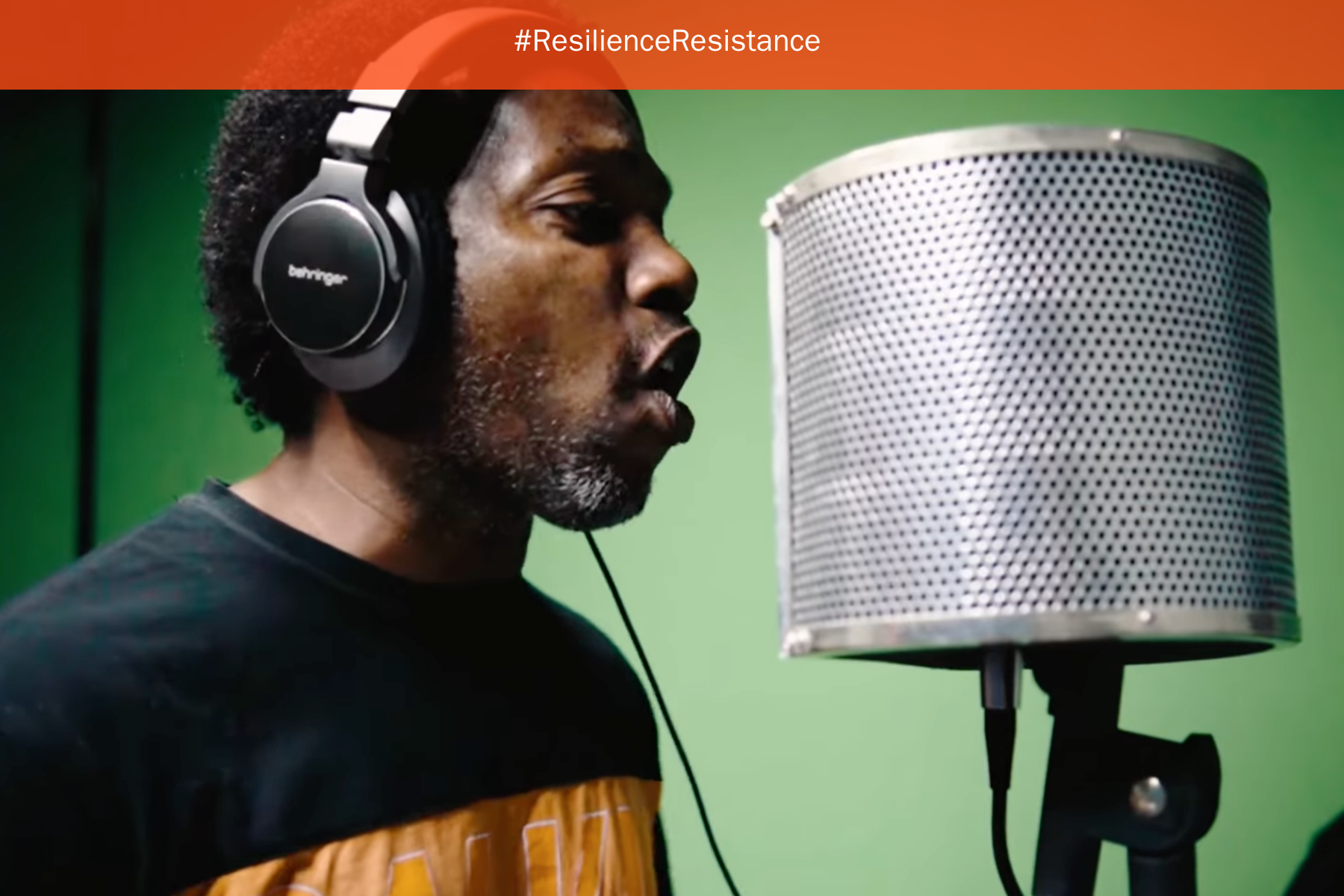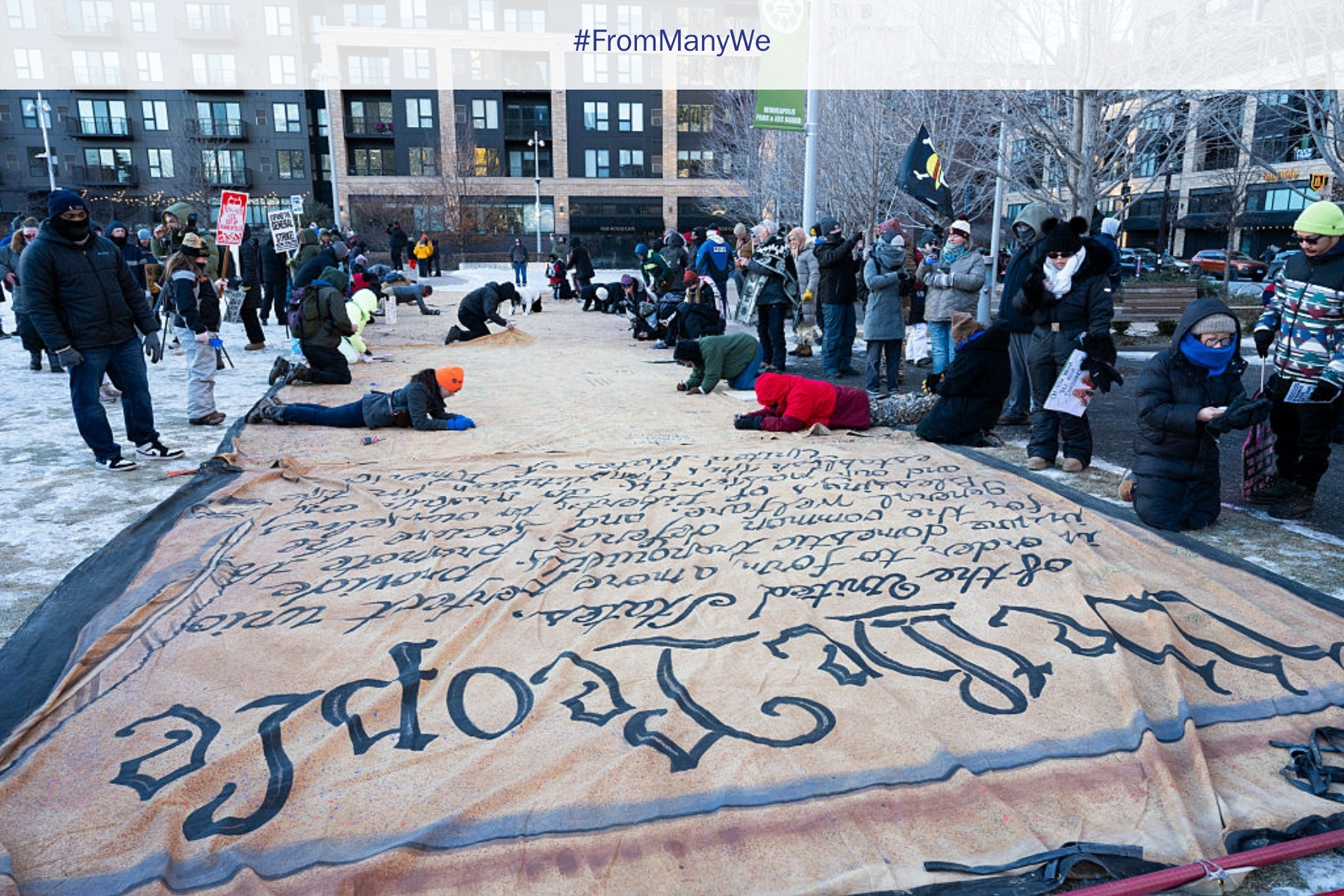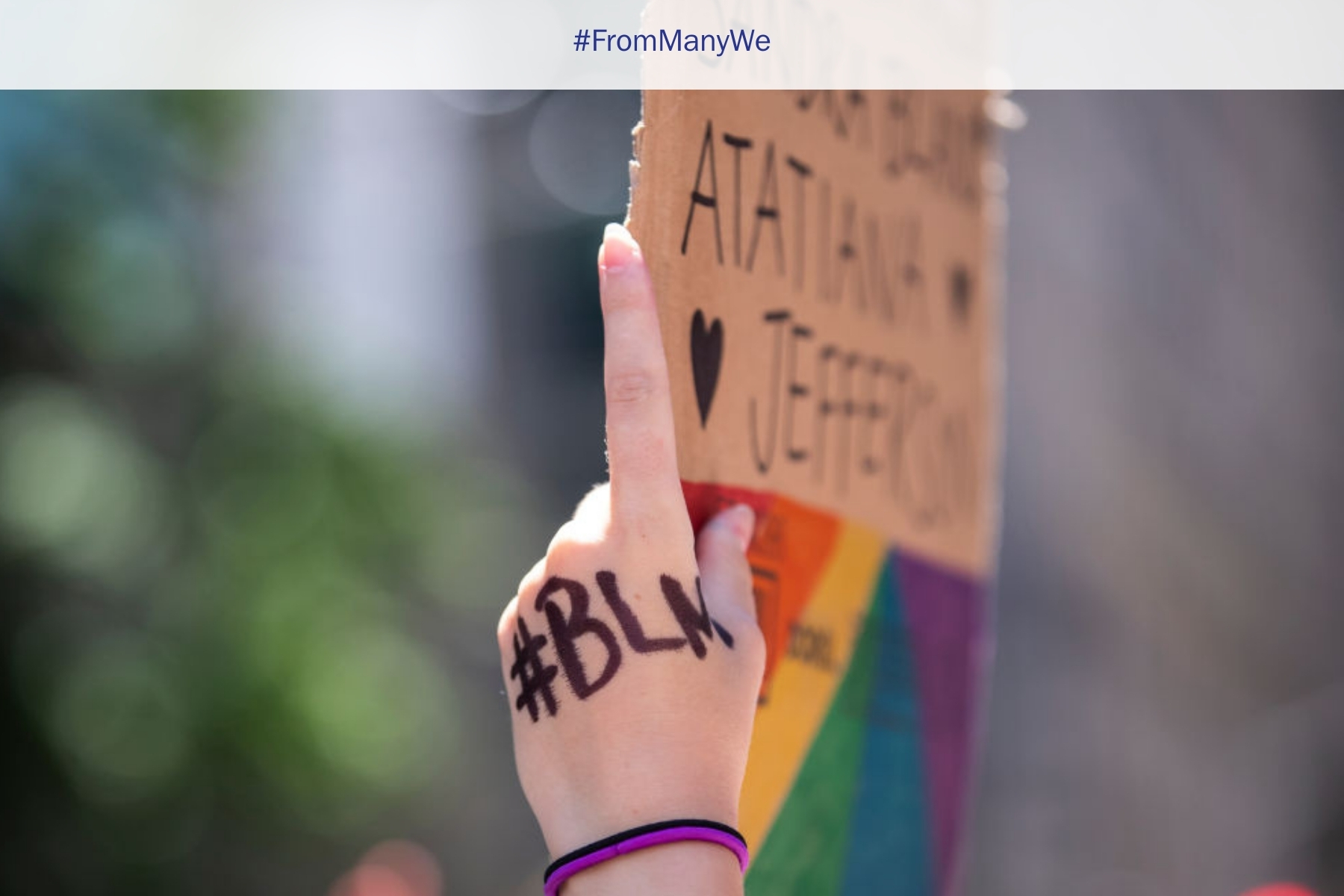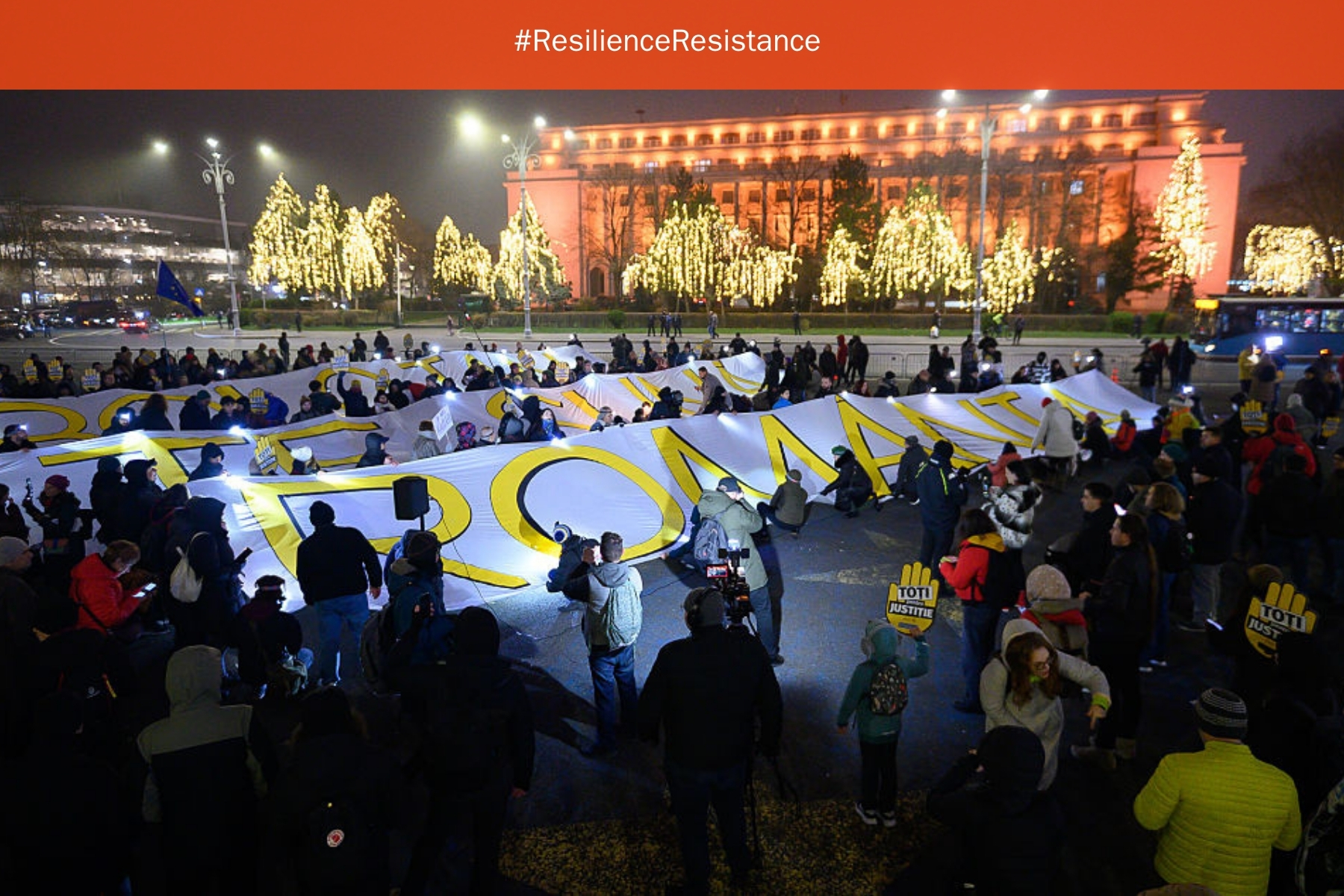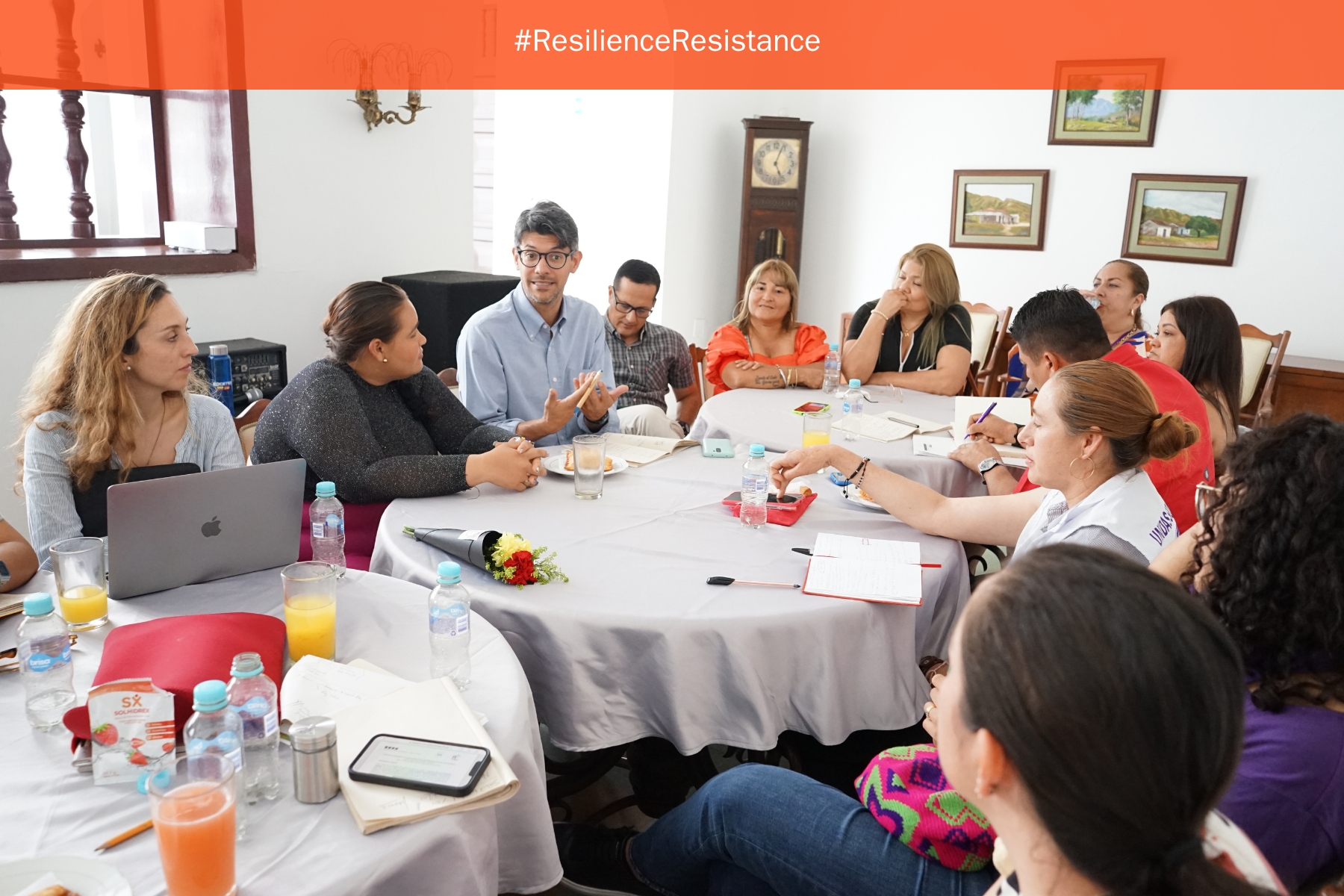The Paradox of Argentine Democracy: A Time of Celebration and Challenge

Argentina's democracy has entered a paradoxical moment. On December 10, 2023, the country celebrated its 40th anniversary of democratic recovery. The 1983 restoration of democracy followed the bloodiest dictatorship that the country had suffered in the 20th century. The December 2023 date has particular significance because it is the longest period in which Argentines have lived under democratic governments without interruption since the first of six coups d'état that took place beginning in 1930. The Argentine people are currently reaffirming their pledge to two foundational commitments that were established by broad consensus four decades ago. At the same time, Javier Milei has stepped into power as Argentina's newly elected president, and he appears to be moving the country in an authoritarian direction.
Argentina's Foundational Commitments: Constitutional Democracy and Human Rights
The first founding commitment supports the rules of constitutional democracy, and this has a very precise meaning. The Constitution of 1853 established a political system in which the people would govern themselves through their representatives in the executive and legislative branches. This self-government and its institutions would be subject to the limits imposed by the constitution. Courts were given the power to control the constitutionality of laws and decrees as well as the compliance with international law.
The second founding commitment established in 1983 has been summarized by the slogan "Never Again." The serious human-rights violations perpetrated during the last dictatorship, which ruled from 1976 to 1983, were clearly stated to be unacceptable for the future. To this end, it was necessary that those violations of the past would be punished. The commitment to human rights was translated into very concrete actions, such as the world-famous trial of the military juntas in 1985 and the memory policies, which have been carried out for the civic education of future generations by all governments since 1983.
Warning Signs of What Might Be Next
The two founding commitments are now being threatened by the new government. President Javier Milei was inaugurated in December 2023, so it is not yet possible to analyze his performance in depth. However, his adherence to those two founding commitments is in question based on positions he stated during his electoral campaign and on decisions he has made since his inauguration. Before the elections, a journalist asked Milei about his commitment to democracy, but Milei evaded the question and failed to provide a clear answer. When the journalist insisted, Milei finally said, "I believe that democracy has many errors." In a clear attempt to overcome the moment with a "technical" argument, he referred to Arrow's Theorem, which is used by social scientists to question the possibility of ideal voting rules. That interview set off alarm bells in the democratic camp, and those alarms have been repeatedly triggered.
Just minutes after being sworn in as president, and against the tradition in which the new president addresses his first speech to the Legislative Assembly (the joint meeting of the two chambers of Congress), Milei chose to make his address outside the legislature, in the street, with his back turned to the Congress building. From there, he addressed his supporters who were gathered in the square next to the legislative palace. On that unusual stage, he was only accompanied by the foreign leaders who participated in the event, among them was the prime minister of Hungary, Viktor Orbán, and former president of Brazil, Jair Bolsonaro. Both politicians are globally identified as being the main and undisputed referents of what Orban has called illiberal democracy, i.e., a political regime marked by the predominance of the majority and the leader who represents it, rather than the centrality of Parliament, the controlling role of the judiciary, and the notion of constitutional rights as a limit to political power. Former US President Donald Trump sent warm greetings to the new Argentinean president, whom he considers a friend. These four people are the central figures in what Anne Applebaum has described as a global network of authoritarian leaders who appear to be supporting one another. Confirming his adherence to the global far-right coalition, Milei attended the 2024 Conservative Political Action Conference (CPAC) in the US, where Trump and Milei expressed their mutual admiration. Other invitees included the Hungarian Ambassador who represented Orban and newly re-elected President Nayib Bukele of El Salvador.
Milei won the election in the second round with undisputed support from 56 percent of the electorate, which he seduced with strong antiestablishment (political, economic, and intellectual) discourse. The outgoing left-wing government ruled for 16 of the last 20 years and left the economy with an annual inflation rate of 220 percent, the highest in the world after Lebanon and Venezuela. Almost 50 percent of the people are living under the poverty line. The outgoing government also promoted initiatives that were incompatible with liberal democracy, such as attacks on the judiciary. The vote for Milei was undoubtedly a response to deep frustration among many of the people, and Milei managed to interpret and use those feelings to his advantage. After a few days of becoming president, Milei issued an executive order (an attempt to bypass Congress) to reverse these state of affairs. The order contains almost 400 provisions that reform the most diverse aspects of life, from divorce regulations, privatizations, deregulation, and mandating judges to wear robes. Most of the reforms do not seem to respond to any need or urgency, and their constitutionality is being challenged in the courts in countless cases.
The second commitment, referred to by the "Never Again" slogan, has not yet been directly affected by concrete decisions, but some perceive a message of rupture coming from the new Argentine democracy, which does not seem to reject what had happened in those dark times. Milei's appointed running mate, the current Vice President Victoria Villarruel, has had strong links to members of the last military dictatorship that were or are being tried for the serious human-rights violations.
A Bittersweet Anniversary
After celebrating 40 years of restored democracy in Argentina, key principles are being questioned not only by the political leadership but also, and this is more worrisome, by a portion of the population. The people of Argentina paid a high price to get this far. The chance of losing the last four decades of democratic advancements is becoming more than a minor consideration. Democratic forces in Argentina, as well as their friends abroad, must be prepared to defend what has been achieved so far.
Roberto Saba teaches constitutional law and human rights law at the University of Buenos Aires and Palermo University, both in Argentina. He is a member of the Kettering Foundation’s board of directors and a former international fellow at the foundation.
From Many, We is a Charles F. Kettering Foundation blog series that highlights the insights of thought leaders dedicated to the idea of inclusive democracy. Queries may be directed to fmw@kettering.org.
The views and opinions expressed by contributors to our digital communications are made independent of their affiliation with the Charles F. Kettering Foundation and without the foundation’s warranty of accuracy, authenticity, or completeness. Such statements do not reflect the views and opinions of the foundation which hereby disclaims liability to any party for direct, indirect, implied, punitive, special, incidental, or other consequential damages that may arise in connection with statements made by a contributor during their association with the foundation or independently.
